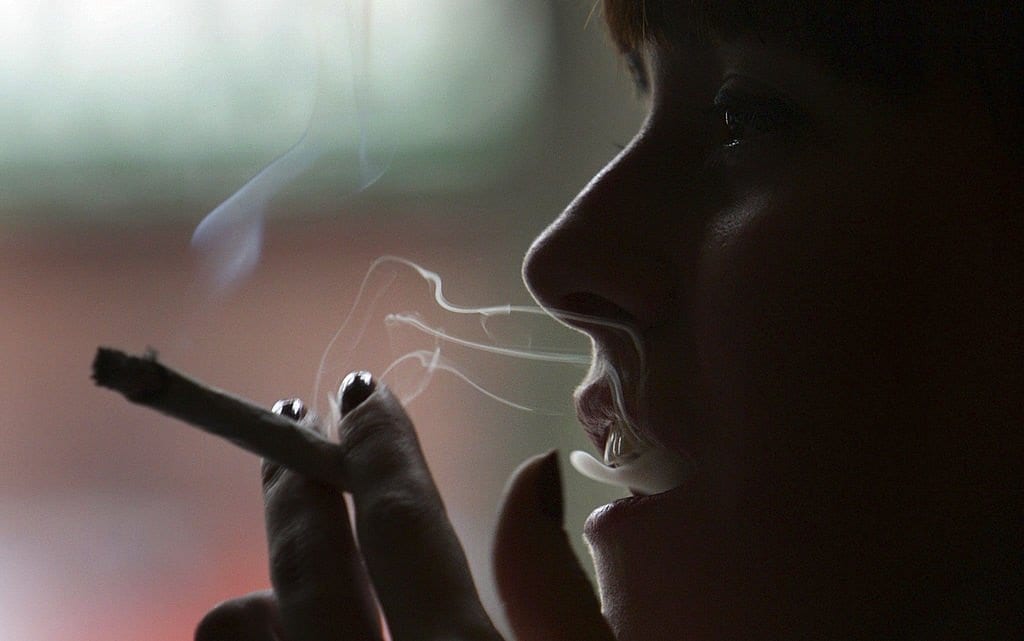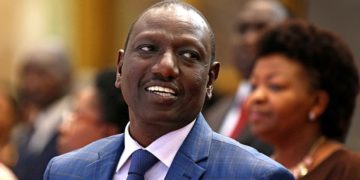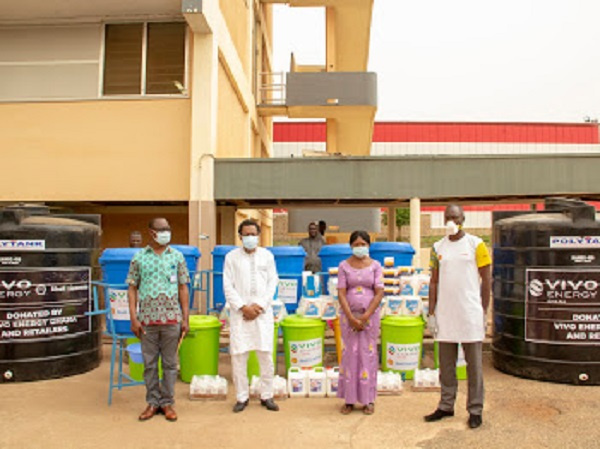[ad_1]

“Bizarre and irregular.”
This is how British American Tobacco South Africa (BATSA) described Cooperative Government and Traditional Affairs Minister Nkosazana Dlamini-Zuma’s reliance on 2 000 submissions to continue the government’s ban on the sale of tobacco products under the lockdown regulation.
Shortly after the news broke on Friday that it wants Dlamini-Zuma to amend regulations prohibiting the sale of tobacco products by Monday otherwise they will head to court, BATSA said in a statement it was “seeking urgent clarity on the decision-making process that led to the government imposing an indefinite ban on the legal sale of tobacco products”.
President Cyril Ramaphosa announced a new five-level risk-based approach to the lockdown last Thursday and explicitly stated the sale of cigarettes would be allowed under level 4 regulations, which took effect on Friday.
But, in an about-turn on Wednesday, Dlamini-Zuma announced the ban on the sale of tobacco products and cigarettes would remain in place.
Submissions
She said this was done because 2 000 out of the 70 000 submissions on the regulations, which they received from the public, requested the continued ban.
“This approach was inconsistent with the president’s announcement which had already been arrived at under the established criteria and BATSA was already preparing for the resumption of sales,” read its statement.
“The minister cited 2 000 individual submissions received as a reason for this action.
“This was, in itself, bizarre and highly irregular, principally because she did not give the tobacco industry, retailers, tobacco consumers and others supporting the lifting of the ban, the opportunity to comment on the proposed reinstatement of the ban. This was grossly unfair and unlawful.”
BATSA said a public petition seeking a lifting of the ban on legal cigarette sales were supported by around 400 000 people, dwarfing the 2 000.
INFOGRAPHIC | Here is what is and what isn’t allowed during level 4
“It is impossible not to conclude that this hastily announced and ad-hoc ‘second consultation’ was, from its inception, designed to deliver a completely pre-determined outcome and provide the veneer of ‘cover’ for a decision, made elsewhere, to reverse President Ramaphosa’s correctly announced decision to relax the restrictions on the sale of tobacco products under level 4 of the government’s risk-adjusted approach.”
Dlamini-Zuma cited the effects of tobacco on the lungs and the way it is shared. She specifically raised an example made in one submission, where concerns were raised about spreading the virus in saliva, when one has to lick paper when rolling a “zol”.
“The World Health Organisation has very clear indications about tobacco and its health hazards. Covid-19 attacks mainly the respiratory system, it is not insinuations, it is science,” she said.
But according to the tobacco company, Dlamini-Zuma was wrong “in law and in science”.
“Aside from the number of submissions, the minister speculated that poorer people sharing cigarettes could be more likely to pass the virus to each other,” read the statement.
‘Deliberately ignored’
“This deliberately ignored the fact that sharing cigarettes with someone from outside your own household is impossible if the government’s own social distancing guidelines are being adhered to.
“Also, a prohibition based on the fact that something can be shared by citizens would be, logically, extended to practically any foodstuff or cutlery, or shaking hands. None of this is regulated. They are practices rightly addressed by education.”
BATSA added the government’s own research had shown illicit cigarettes have been widely available during the lockdown, often being sold at inflated prices, undercutting tobacco control regulations and encouraging criminal behaviour.
READ | Police investigating KZN Premier for allegedly breaking lockdown regulations
“There are well-acknowledged risks associated with smoking cigarettes but there is no evidence that connects smoking with an increased chance of contracting Covid-19.”
Taxes
In 2019, BATSA collected and paid R13 billion to the government in taxes. The company supports more than 10 000 jobs across the country and purchases 90% of all tobacco leaf produced in South Africa.
“The Treasury is losing R36 million of vitally required revenue in excise taxes every day that the ban on cigarette sales continues. This explains why Finance Minister Tito Mboweni has publicly stated that he supported President Ramaphosa’s announcement that legal cigarette sales should resume under level 4,” read the statement.
“Finally, we distance ourselves from the leaking of confidential documents. We strongly condemn the politicisation of this matter,” the statement added.


















